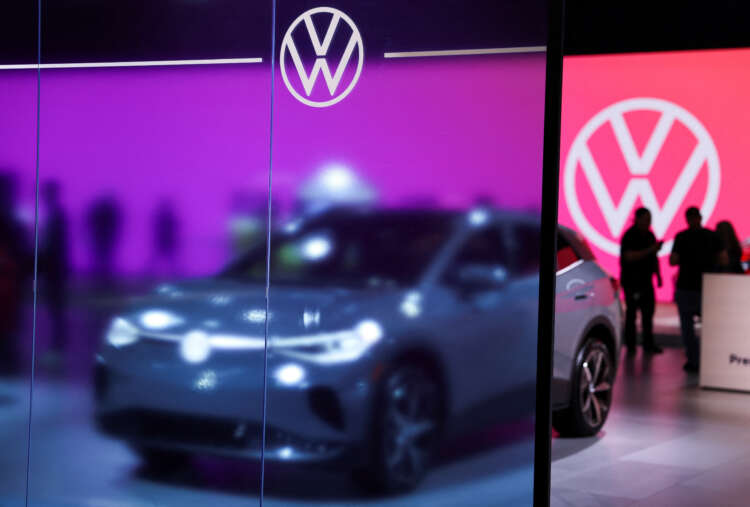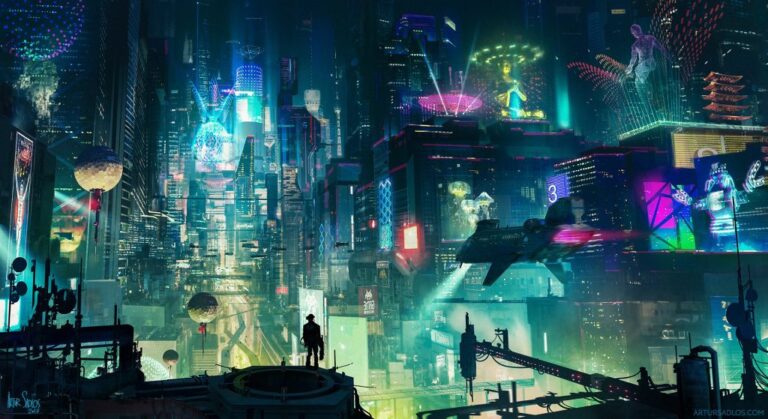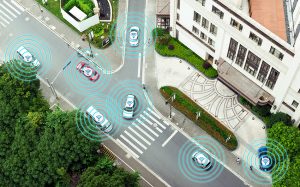Cariad and autonomy likely to be downsized and delayed
- VW is preparing to re-organise its software and autonomous driving strategy which will see substantial delays as well as further uncertainty in terms of how it intends to delight its users with digital experiences.
- Following his ascension to CEO of the VW group, Mr Blume has been tasked with fixing both the mess that has become VW’s software strategy (Cariad) as well as dialling back previous management’s unrealistic investment plans based on when it will be able to produce an autonomous vehicle.
- Handelsblatt (see here) claims that Mr Blume’s new strategy will be presented to the board on December 15th which may then be fully announced at CES 2023 or the next time VW reports to the market.
- The biggest change Mr Blume is expected to make is to delay the “Trinity” flagship EV project until such time, the company is in a position to produce a vehicle that can drive itself.
- This was originally slated to be in 2026 with a $2bn new factory in Germany, 10,000 software developers at Cariad and a brand new software platform that would run all of VW’s fleet going forward.
- The most glaring problem with this strategy is that RFM has long forecast that autonomy will not be ready until 2028 (maybe longer) meaning that these plans were never realistic.
- The new strategy is likely to delay Trinity to 2030 and will move the autonomous driving activity to its commercial division that makes shuttles and buses for commercial applications.
- This makes sense because it is these applications that are likely to be the first to realise autonomy at a commercial level.
- This is because shuttles and buses tend to drive the same route over and over again or operate in rigidly controlled environments both of which greatly simplify the problem of getting vehicles to drive themselves.
- Cariad also looks like it will take a hit as the intention appears to be to extend the lifespan of the current software platforms for as long as possible throwing into doubt the move to a single unified software platform for the VW group.
- Cariad’s current strategy is to move its infotainment system onto a single system based on Android but where Google services have been removed (as well as to create a single software stack for each of the other vehicle function domains).
- I think that this is a much better solution than the “open source” Linux-based route that many of its competitors have chosen as even without Google, the consistency of the Cariad platform and its ability to access 3rd party app developers will be much improved.
- A consistent software experience and 3rd party app developers are two crucial parts of getting infotainment right, but it appears that Cariad has really struggled to execute this strategy.
- Staying on its current proprietary platforms for longer means that the prospects of a decent software experience from VW worsen and that there will be very little to entice app developers to develop their apps and services for VW vehicles.
- Instead, they may stick to developing for smartphones and hope to get into the vehicle via Apple App Store or Google Play.
- I have long believed that the biggest challenge that OEMs face is not competing with each other but competing with the smartphone.
- This is because unless they convince the user to keep his phone in his pocket when he enters the vehicle, there is not much point in developing any software experience at all.
- The user experience offered by Android Auto and Apple CarPlay is not optimal for the vehicle but, critically, it is significantly better than anything that the OEMs (except Tesla) have come up with to date.
- The consequence of extending the life of the proprietary platforms that VW currently runs is likely to mean that the user experience stays substandard for longer giving the digital ecosystems more time to turn VW into an Android handset maker on wheels.
- This is not a good outcome for VW as I think Cariad got the strategy right as it relates to Android, but has been unable to execute given its lack of software experience as well as the constant infighting among its executives and others elsewhere in the group.
- Hence, I am increasingly concerned that eventually, VW may have to cave to user pressure (like Renault has done with Ampere) and let the digital ecosystems take over its digital user experiences.
- Tesla is a good example of how this outcome can be avoided meaning that VW is rapidly becoming an example of how not to create a digital automotive ecosystem.









